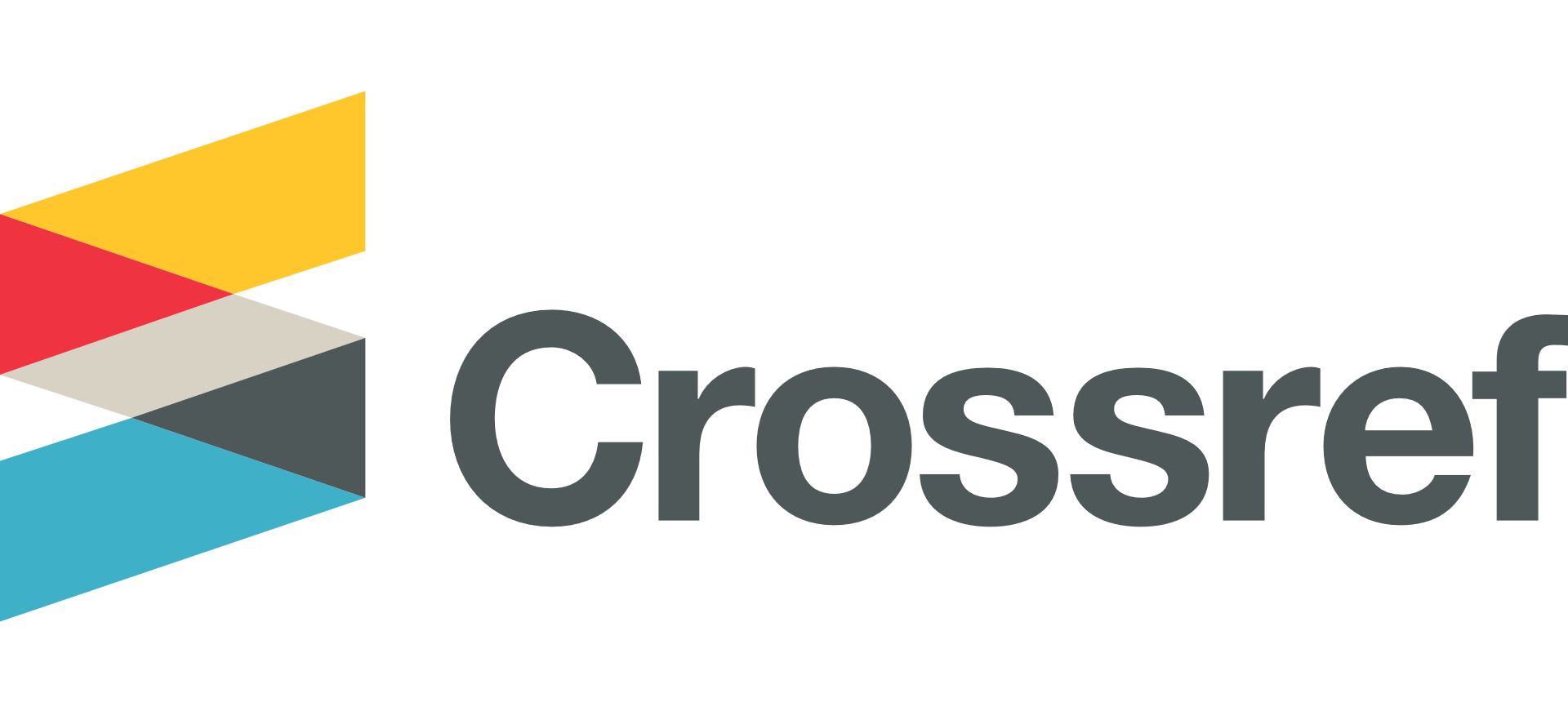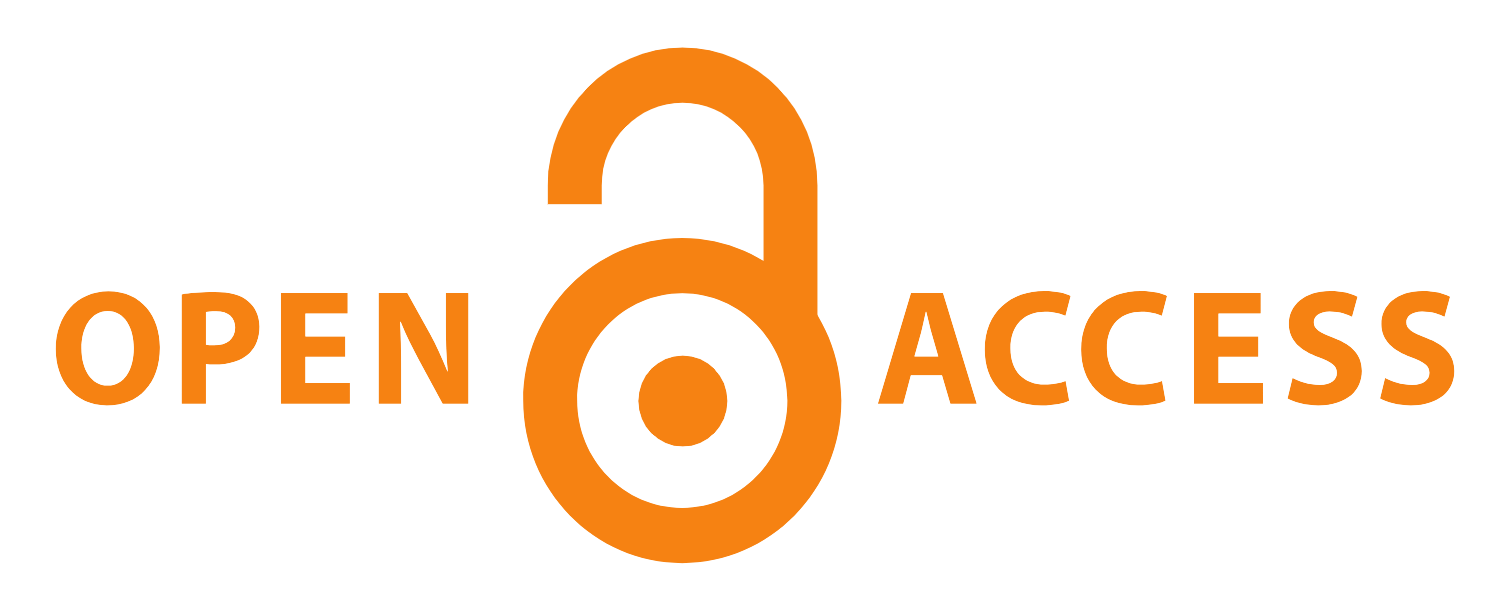Cognitive Teleintervention With Board Games During The Pandemic Lockdown In School-Age Children
Abstract
Background. Playing modern board games has been linked to cognitive enhancement in children when playing face-to-face. However, because of the SARS-CoV-2, playing in an analog way was difficult. Objective. To test the efficacy of a cognitive intervention program with board games in school-age children (25 Spaniards; 5-12 years) delivered remotely through web conferencing. Methods. We performed a randomized controlled trial with a wait-list control group (n=10) and pre-post testing (updating, inhibition, flexibility, and verbal fluency). The study was preregistered on clinicaltrials.gov (NCT04823338). The experimental group (n=15) played commercialized board games adapted to an online format during 12 sessions. Results and Conclusions. We found higher flexibility and verbal fluency improvements in the experimental than in the control group. We also saw improvements in visuospatial updating solely in the passive control group. Board games played remotely could entail some cognitive benefits, though we found paradigmatic results too. Board games may benefit the most when played face to face.
Downloads
This work is licensed under a Creative Commons Attribution-NonCommercial-ShareAlike 4.0 International License. The rights of each article are attributed to their author(s).









